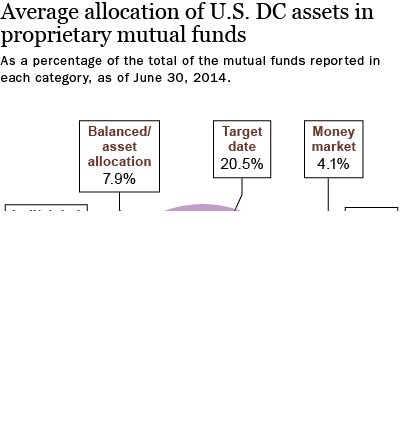What is an asset allocation mutual fund
Post on: 9 Май, 2015 No Comment

- What is asset allocation?
In the broadest terms, asset allocation is an exercise which attempts to spread the investments in your portfolio over numerous asset classes. Many individual investors who want to do this often fail and in doing so, increase the risk in their portfolios. Some may succeed on their own. Yet the vast majority of investors confuse the term asset allocation with diversity, when in fact they are two different but equally important investment goals.
So what is the difference between asset allocation and diversification?
The term asset (in asset allocation) refers to numerous different classes of investments such as stocks, both domestic and international, bonds of different grades, both investment grade and high yield, commodities and even leveraged loans combined in such a way as to offset any problems one asset class might have at any particular moment. Allocating those assets to avoid loss is a highly specialized and difficult process.
Diversity on the other hand refers to keeping what you own in the quantities you deem appropriate. If you own an S&P 500 index fund and purchase or own a large cap actively managed fund, there is a high degree of probability that you now own some stocks twice and possibly in quantities that many would consider risky. Monitoring against that mistake takes a reasonable amount of time, research and risk assessing.
Asset allocation refers to numerous investments. Diversification refers to keeping those investments different from one another.
Is there risk in asset allocation funds?
The risk in asset allocation funds is not always clear. For instance, many of the fund managers involved in this sort of investment style are more focused on short-term fluctuations in the asset classes they invest in rather than the volatility.
Historical data suggests that volatility in different assets change at different speeds. For instance, stocks tend to be more volatile than bonds and will move more quickly in either direction. In short, long-term investors looking for a one-stop mutual fund that does it all may be sacrificing long-term returns as a result of this focus on short-term adjustments in the fund.
Another risk also involves the fund manager’s ability to predict the future. Few if any have been able to do this with any accuracy. In an asset allocation mutual fund, this precision is implied.
There is risk in every investment and it is wise to understand how much risk you can tolerate. The risk in asset allocations funds is somewhat muted but still very real for the long-term investor.
Do asset allocation funds belong in your portfolio?
Once again, the answer is very individualized. Asset allocation suggests the fund manager has a firm grasp on expected returns and has the ability to perform a mix and match exercise, often frequently to reach those investment goals. Asset allocation mutual funds suggest that this is possible.
It also suggests that returns are everything. While no investors expects to lose money, the comfort level of risk they are willing to admit is often quite different from the portfolio’s tolerance for risk. You may not be comfortable with risk but when you build a portfolio looking at historic averages alone, you may lean towards stocks to achieve more robust returns.
How much of a role does the manager play in the success of these funds?
A fund manager hired to run a fund like this approaches this challenge with a certain style and that may be the biggest drawback to this type of investment. Market conditions may favor one style over another and a fund manager may be better suited to one approach over another.
There is also the additional challenge of knowing many different asset classes well. To address this potential inexperience with other asset classes, some asset allocation funds have enlisted a multi-manager team to help with the investment. They will make the claim that this team approach reduces risk.














